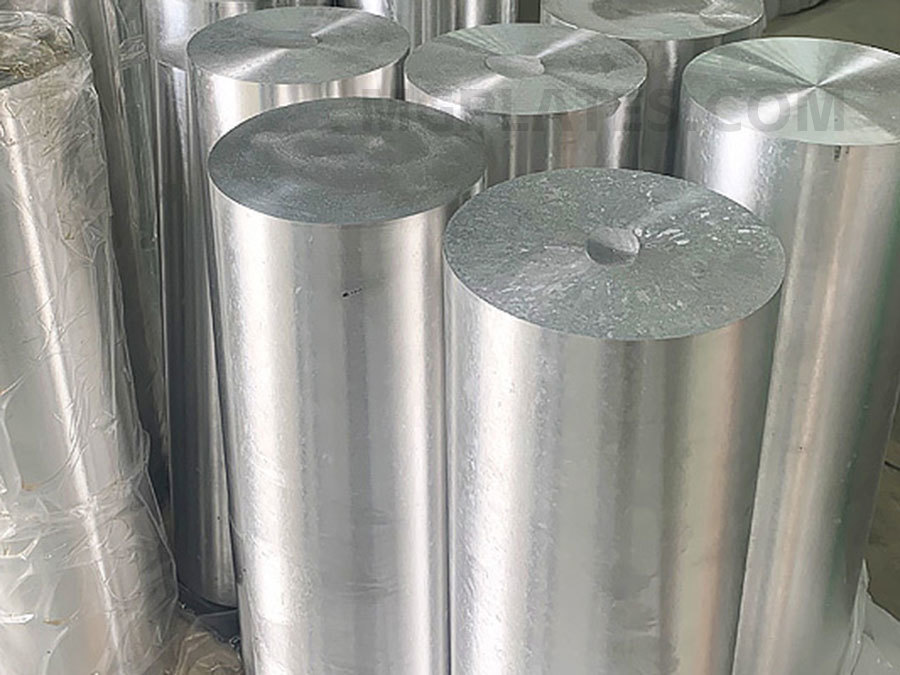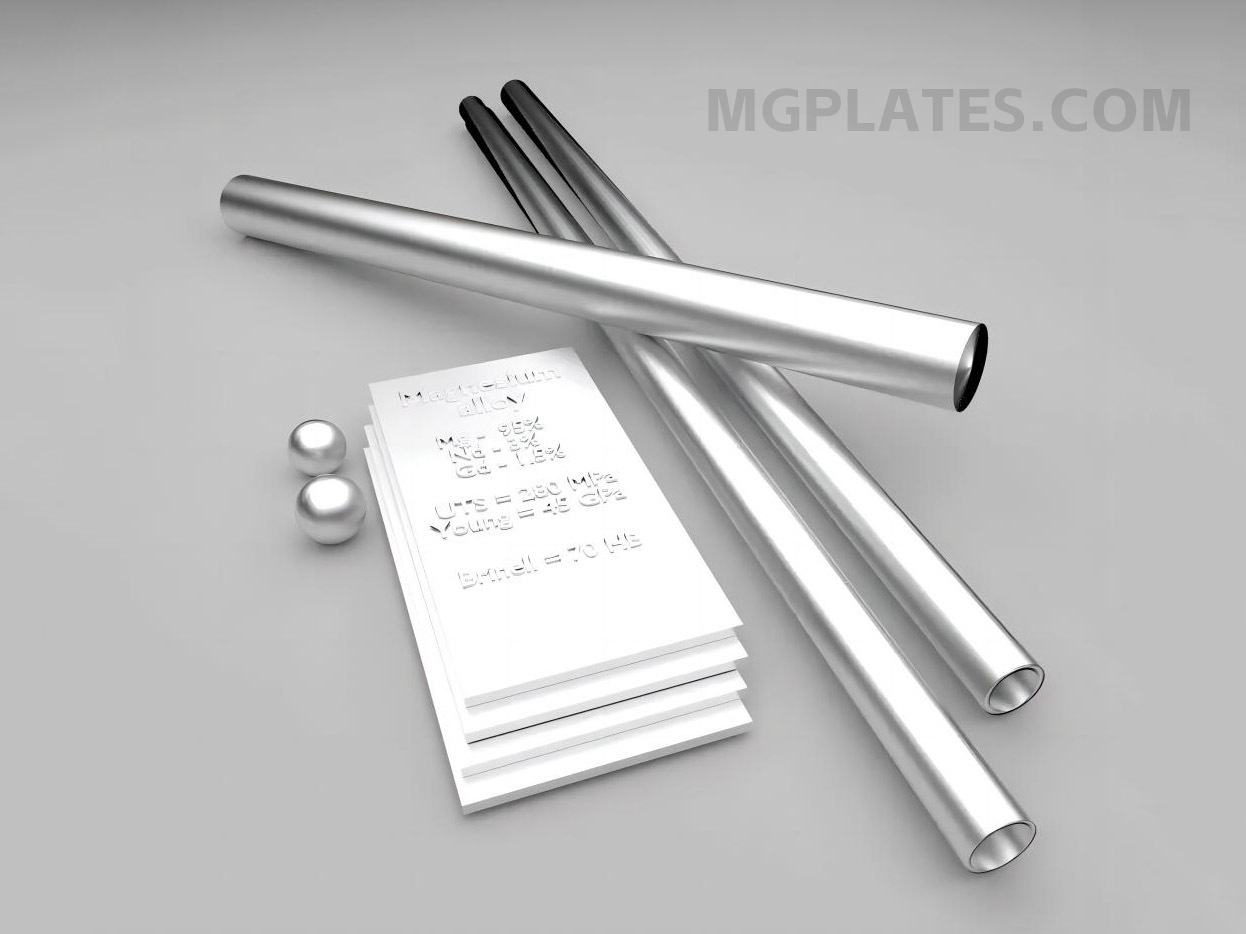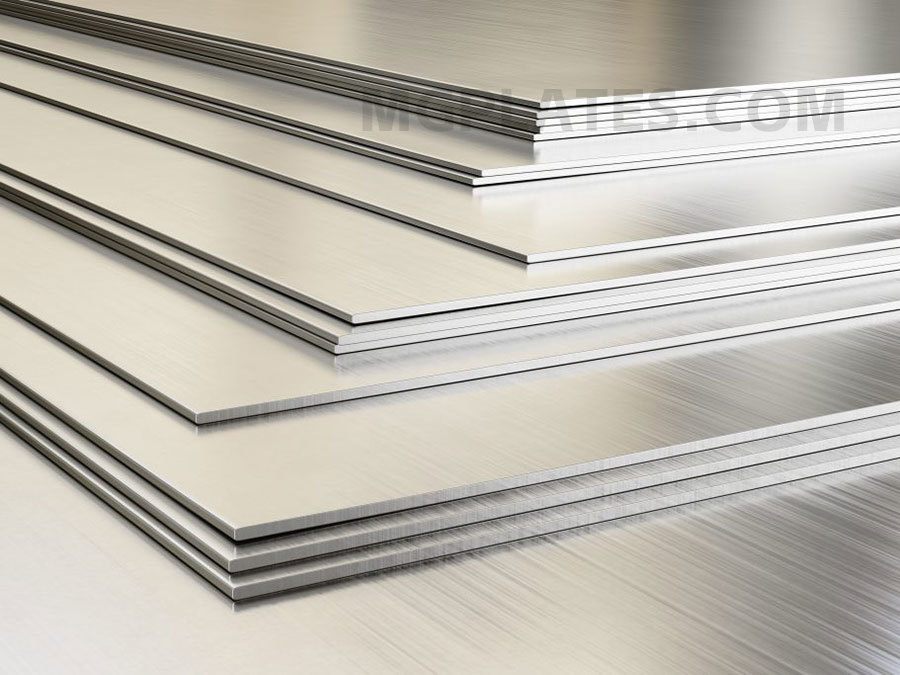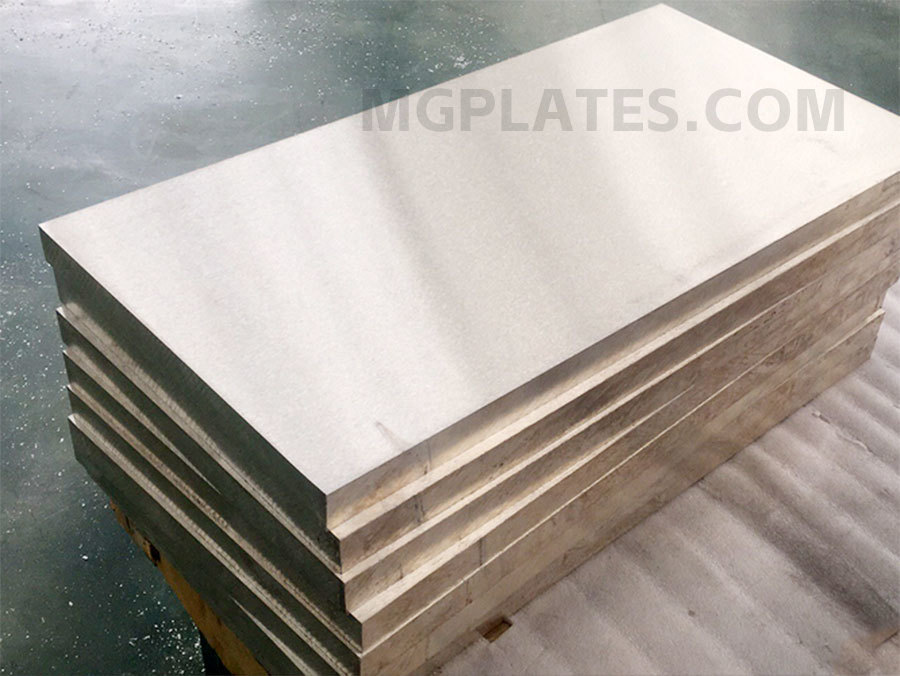Magnesium alloy welding wire
Key words: magnesium alloy materials
Details
Magnesium alloy welding wire is a kind of filler material specially designed for welding magnesium and its alloys. Magnesium alloys have been widely used in aviation, automobile, 3C products and other industrial fields because of their light weight, high strength and good corrosion resistance. In these applications, welding is used as a method of joining or repairing materials, and special welding wires are required to achieve good welding results.
Features:
Low melting point: The melting point of magnesium alloy welding wire is lower than that of steel and aluminum welding wire, and it can be welded with lower heat.
Good fluidity: Magnesium welding wire has good fluidity when melted, which is helpful for weld formation.
Corrosion resistance: magnesium alloy welding wire itself has good corrosion resistance.
High thermal conductivity: High thermal conductivity means that rapid heat dissipation is required during welding to avoid excessive damage to the heat affected zone of the magnesium alloy substrate.
Common types:
AZ31B welding wire: containing aluminum and zinc, suitable for welding AZ31B and similar composition of magnesium alloy.
AZ61A welding wire: high content of aluminum and zinc, suitable for AZ61A alloy.
AZ92A welding wire: Higher aluminum content, usually used in high temperature applications.
WE43 welding wire: rare earth element welding wire, suitable for high performance magnesium alloy welding.
Welding method:
Tungsten gas shielded welding (TIG): Suitable for thin plates and occasions where high-quality welds are required.
Metal inert gas welding (MIG): Suitable for thicker materials and can achieve high-speed welding.
Quality standards and specifications:
The production and quality of magnesium alloy welding wires usually follow the following international standards:
AWS A5.19: American Welding Society Standard for Magnesium Alloy Welding Wire.
ISO 18273: Welding consumables-Classification of welding wires and electrodes for aluminium, aluminium alloys and magnesium alloys.
When you buy magnesium alloy welding wire, you should pay attention to the following aspects:
Chemical composition: The chemical composition of the welding wire should match the material to be welded to ensure the mechanical properties and corrosion resistance after welding.
Diameter and length: Select the appropriate diameter and length according to the requirements of welding equipment and process.
Storage conditions: magnesium alloy welding wire should be stored dry to prevent surface oxidation or damage caused by moisture.
Certification: welding wire should have the corresponding certification, to ensure that it conforms to international standards and industry norms.
Proper selection and use of magnesium alloy welding wire is essential to ensure the welding quality of magnesium alloy structures. The operator should have the appropriate skills and follow a strict process to ensure the reliability and durability of the welding.
Application areas
electron

Car

printing
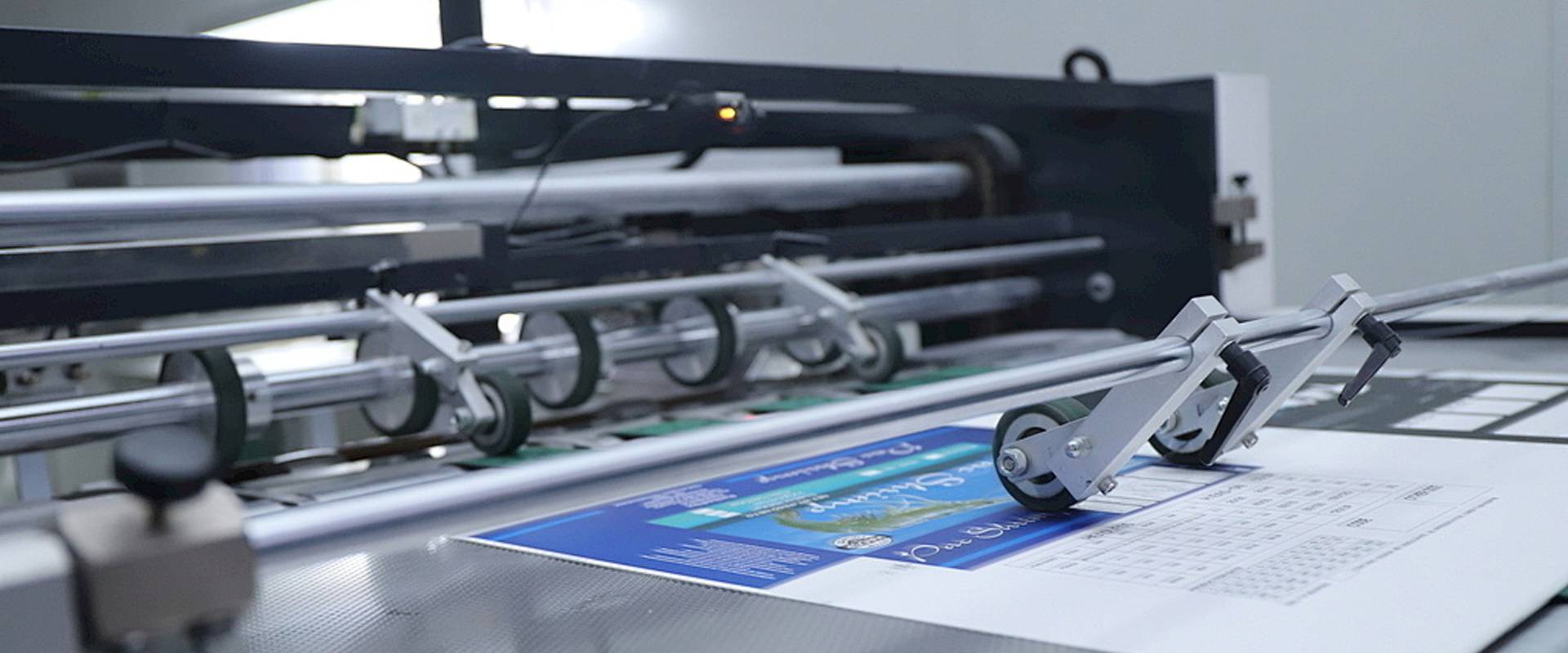
Needle plate
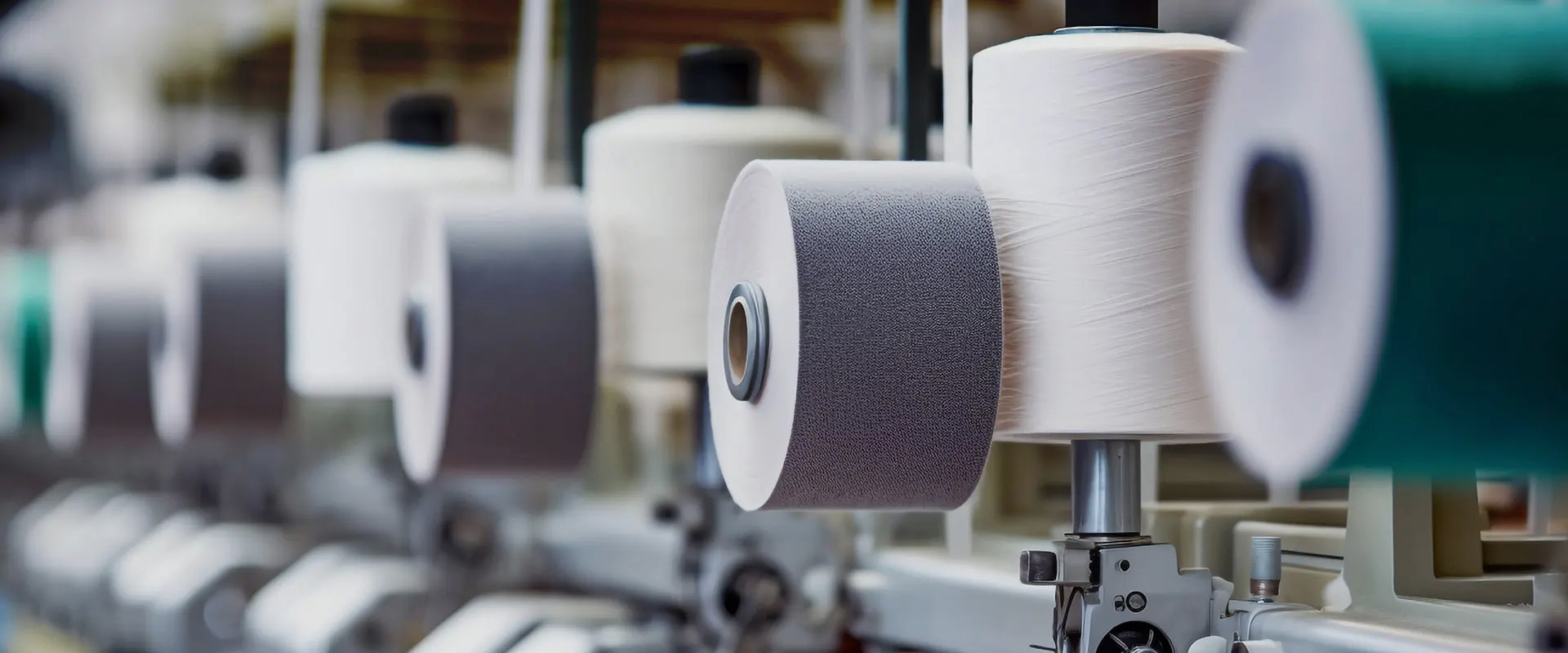
Aerospace

High-speed rail

recommend
after-sale service
One stop service system, pre-sales consultation, in sales service, after-sales support, and timely resolution of customer problems
Leave your message on the message board




 language
language

